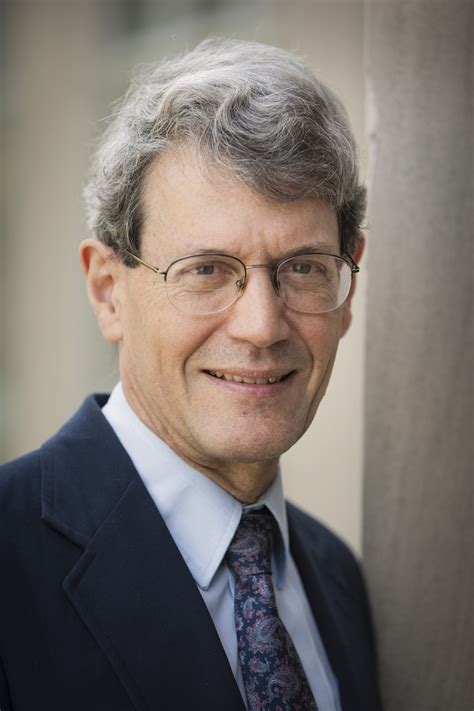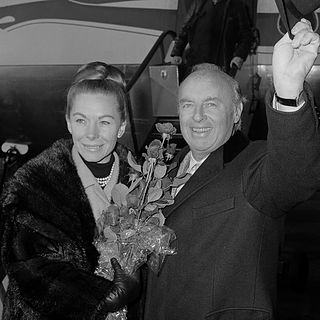A Quote by Sheldon B. Kopp
The therapist can interpret, advise, provide the emotional acceptance and support that nurtures personal growth, and above all, he can listen. I do not mean that he can simply hear the other, but that he will listen actively and purposefully, responding with the instrument of his trade, that is, with the personal vulnerability of his own trembling self. This listening is that which will facilitate the patient's telling of his tale, the telling that can set him free. (5)
Related Quotes
Personal history must be constantly renewed by telling parents, relatives, and friends everything one does. On the other hand, for the warrior who has no personal history, no explanations are needed; nobody is angry or disillusioned with his acts. And above all, no one pins him down with their thoughts and their expectations.
I must learn that the purpose of my life belongs to God, not me. God is using me from His great personal perspective, and all He asks of me is that I trust Him. ... When I stop telling God what I want, He can freely work His will in me without any hindrance. ... Self-pity is of the devil, and if I wallow in it I cannot be used by God for His purpose in the world.
There is always a place where, if you listen closely in the night, you will hear a mother telling a story and at the end of the tale, she will ask you this question: 'Ou libéré?' Are you free, my daughter?" My grandmother quickly pressed her fingers over my lips. Now," she said, "you will know how to answer.
The most dangerous man in the world is the contemplative who is guided by nobody. He trusts his own visions. He obeys the attractions of an interior voice but will not listen to other men. He identifies the will of God with anything that makes him feel, within his own heart, a big, warm, sweet interior glow. The sweeter and the warmer the feeling is, the more he is convinced of his own infallibility.
There is no means by which anyone can evade his personal responsibility. Whoever neglects to examine to the best of his abilities all the problems involved voluntarily surrenders his birthright to a selfappointed elite of supermen. In such vital matters blind reliance upon 'experts' and uncritical acceptance of popular catchwords and prejudices is tantamount to the abandonment of self-determination and to yielding to other people's domination. As conditions are today, nothing can be more important to every intelligent man than economics. His own fate and that of his progeny are at stake.
I don't think an actor needs to necessarily go through his things to do his job. I think it's way more important to imagine. And then, when you're imagining, your experiences, your images and your own personal things will show up, but you keep imagining. You don't get stuck in your own personal things, otherwise you are telling your story in every character, and that's not interesting for anybody.
To free a man from suffering, he must be set right, put in health; and the health at the root of man's being, his rightness, is to be free from wrongness, that is, from sin. A man is right when there is no wrong in him. I do not mean set free from the sins he has done: that will follow; I mean the sins he is doing, or is capable of doing; the sins in his being which spoil his nature — the wrongness in him — the evil he consents to; the sin he is, which makes him do the sin he does.
Communion with God as we hear his voice is rich. We receive his meanings; we submit to his authority; we grow by his power that is at work in our lives through his words; and we experience the glory of his personal presence as we hear him. These aspects go together, though we may sometimes be more conscious of one aspect.
We listen too much to the telephone and we listen too little to nature. The wind is one of my sounds. A lonely sound, perhaps, but soothing. Everybody should have his personal sounds to listen for-sounds that will make him exhilarated and alive, or quiet and calm... As a matter of fact, one of the greatest sounds of them all-and to me it is a sound-is utter, complete silence.
The man who tells the tale if he has a tale worth telling will know exactly what he is about and this business of the artist as a sort of starry-eyed inspired creature, dancing along, with his feet two or three feet above the surface of the earth, not really knowing what sort of prints he's leaving behind him, is nothing like the truth.



































